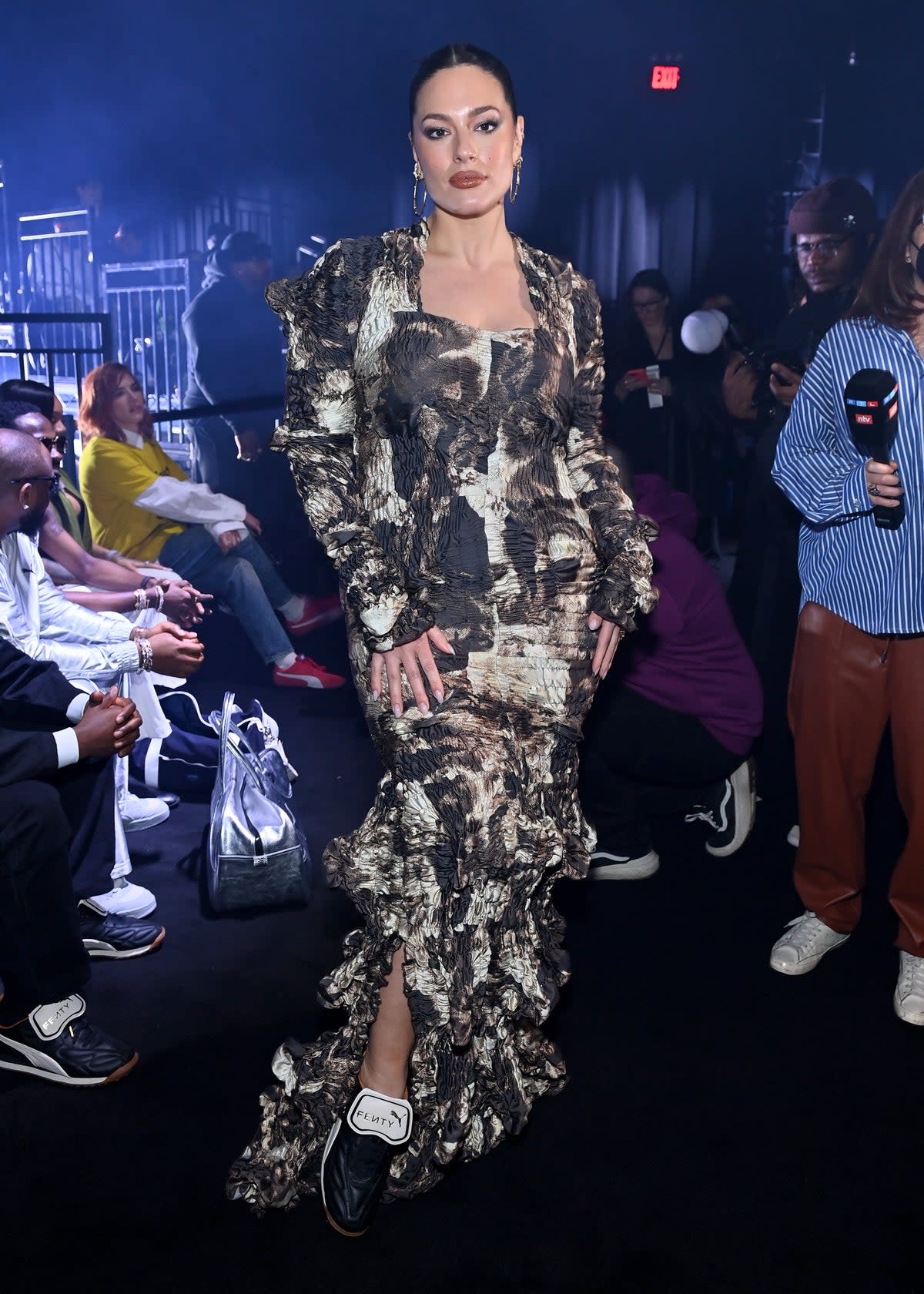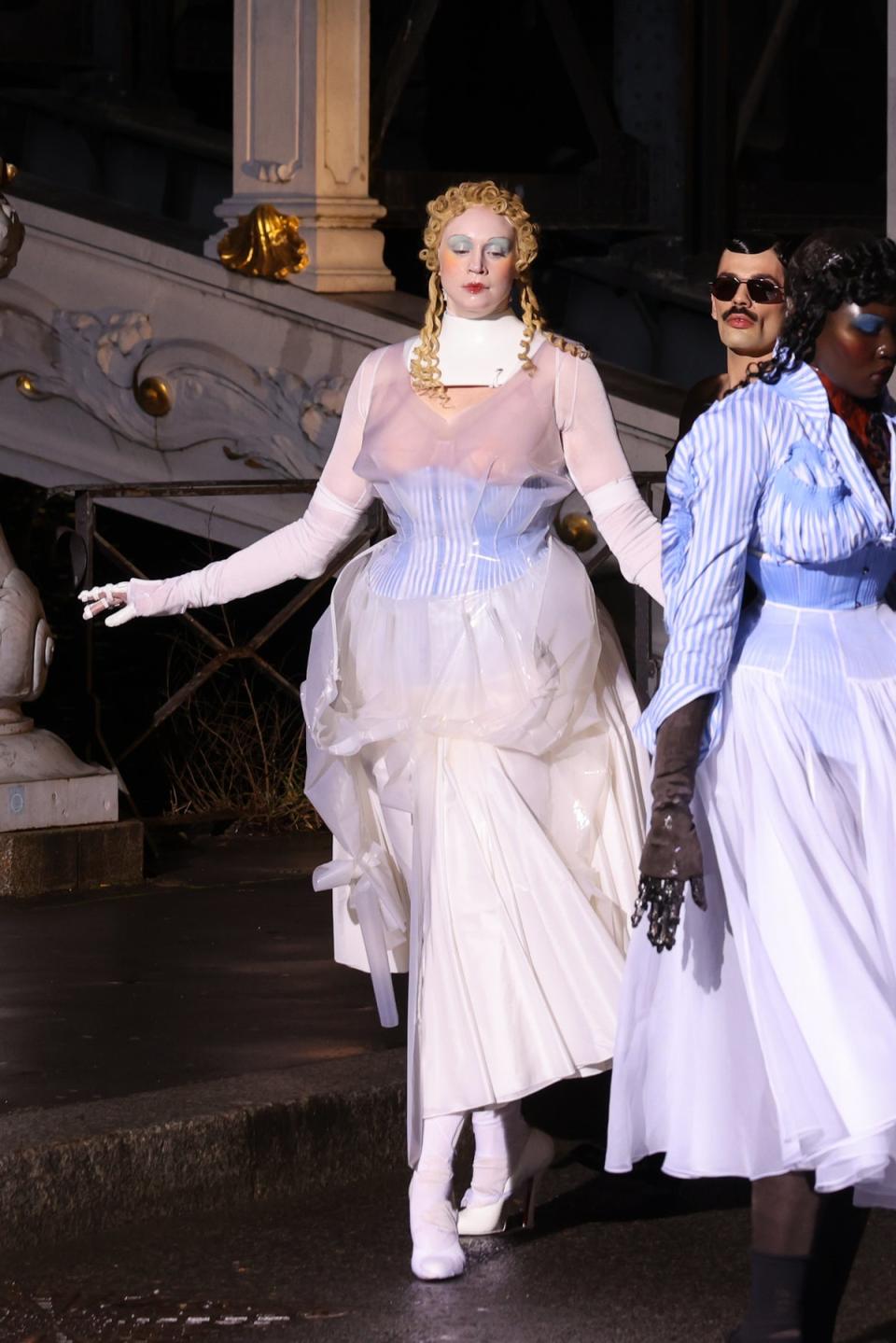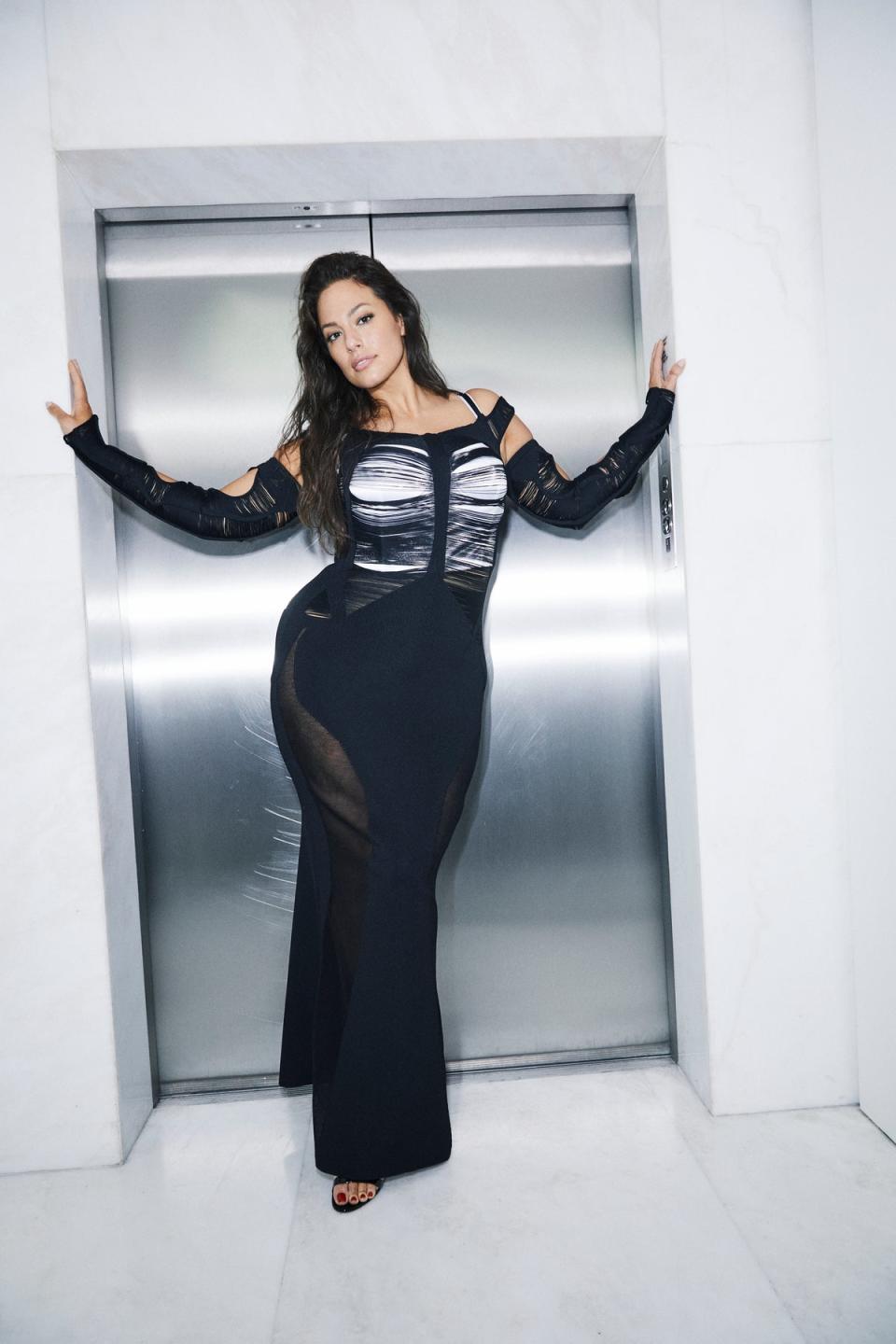OPINION - Has fashion given up on body diversity? At least it's finally being honest...

Over the weekend in New York the firing gun was sounded on the bi-annual circus that is fashion month, and with it the question that no one is really asking. What happened to body diversity on the catwalk?
In the January round of menswear and women’s haute couture shows the awkward truth revealed itself: no one cares about it any more. Model casting has reverted back to type, the lithe of flesh need only apply. In Paris there was scant reminder of the small steps that have been made in previous seasons in terms of casting models beyond the titular sample size; the closer to a pre-pubescent figure the better. Only at John Galliano’s Maison Margiela, where bottoms were rounded and bosoms cosseted in corsetry completed with the finale performance of the Amazonian Gwendoline Christie was there a reminder of the wonder of different shaped bodies.

In an interview with Vogue Business last week, the supermodel Ashley Graham lamented the slow progress of the industry and propensity of designers to look at “curves as a trend”. Speaking with Londoner turned LA mogul Emma Grede, who runs the vastly successful Good American denim brand, the duo pointed out their frustrations with the wider industry in its failure to reflect a broader cross section of women in its imagery. Grede’s brand has thrived due to its size offering, from 0 to 28 - in 2022 it reached $200million in sales - showing the no-brainer truth that if you make clothes for all women, you’ll have more customers.
Yet, frustratingly, there remains an impasse across the mainstream fashion retail landscape. London fashion week, which opens its 40th anniversary year season on Friday, has always struck a different creative chord, and there are plenty of designers showing who have a new lens on this. Sinead O’Dwyer, Chopova Lowena and Karoline Vitto routinely cast a broad cross section of models in their shows.

But look up O’Dwyer and Chopova Lowena’s clothes at their stockists and it's a different story. Retailers, strapped for cash, are placing conservative buys. They’re not snapping up these brands in extended sizes. It’s all show but don’t sell. The expense of creating bigger sizing is often crippling for fledgling brands; the irony is that headliner labels who do make bigger sizes would rather sink to the bottom of the internet than show you an accurate representation of their customers. So we are for the most part stuck with the fantasy.
And yet. The so-called body positivity movement, which in reality got frozen in a tedious gear of size 12 women complaining about baby weight rather than any real advocacy for acceptance towards people in larger bodies, has been mostly forgotten in the face of the re-emergence of acute fat-phobia.
Ozempic has a lot to answer for here. In spite of quite clear evidence that the so-called wonder drug will only work in the short term at best with most putting the weight back on after the two year limit of taking the drug, the rush to idolise its possibilities has reopened the floodgates when it comes to holding tongue over other people’s bodies. The fat are now fair game again to be pilloried, pitied and patronised.
How much of this is fashion’s fault is debatable. Its arbiters happily post food thirst trap imagery from fancy restaurants even when they are all heading home to inject their stash of Ozempic bought from dodgy online sources.
The work of casting curve models on catwalks has only ever been an exercise in tokenism. Fashion is but a reflection of the cultural mores of current society. If it’s finally going to ditch bigger bodies, at least it’s being honest with itself that really, it never cared.

 Yahoo News
Yahoo News 
